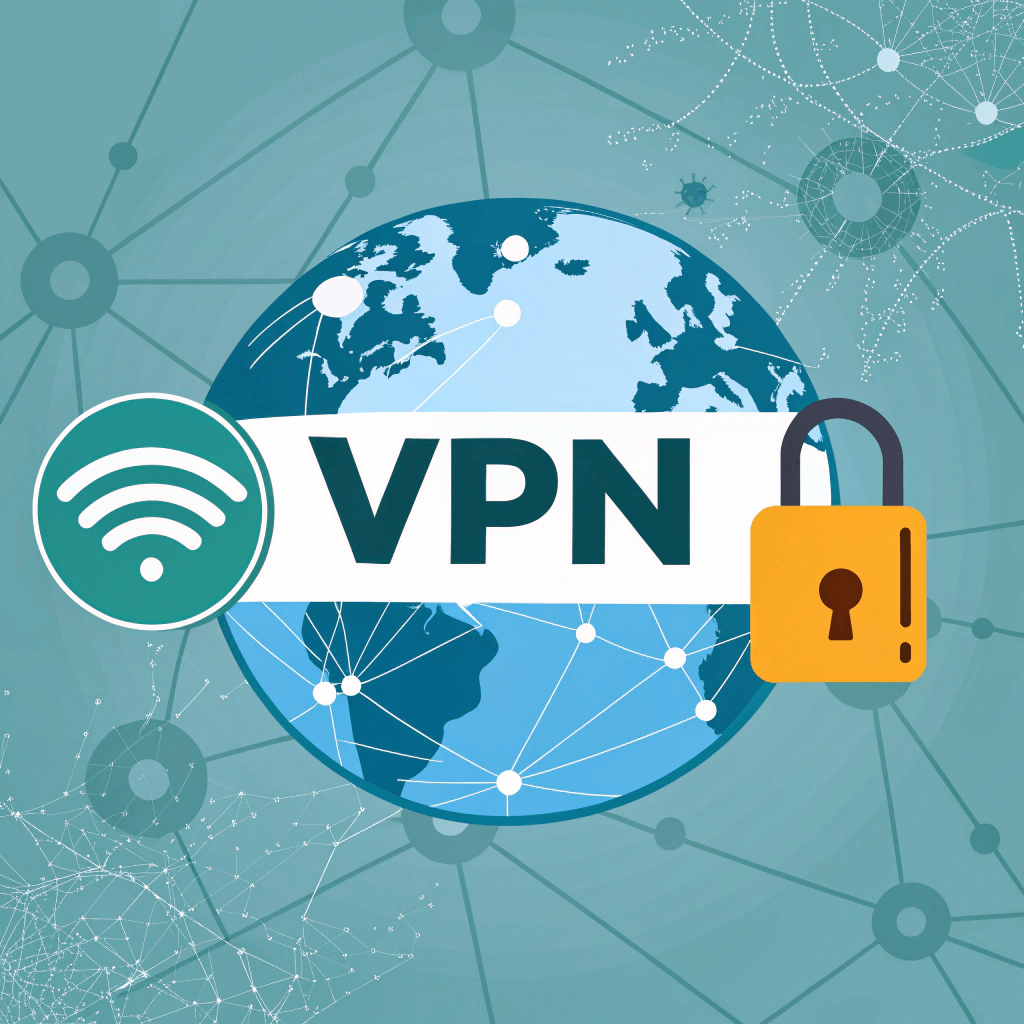People are more online than ever. When you shop, use the bank, play games, or just look around online, you leave little digital trace behind. Yet many users still reach for free VPNs, believing they are getting security without cost. In reality, the opposite often happens.
One widely shared test showed a single IP address leaking 14 times in just three days on a free VPN. The same service injected 23 tracking cookies and quietly sold browsing data to seven ad networks. Cybersecurity experts say it straight: if you don’t pay for something online, then you are what’s being sold.
VPNs are designed to protect privacy, but the way a VPN is funded determines how it behaves. Paid services rely on subscriptions. Free services rely on monetizing the user. That difference changes everything.
When something costs you nothing up front, it has to earn money another way. Free VPNs survive by mining, selling, or abusing user data. The numbers are staggering.
Think about it: almost 9 out of 10 free VPNs keep track of what you do online, according to a study by CSIRO. A Top10VPN audit reported 72 percent contain malware. And every single one needs to monetize you somehow, whether through advertising, hidden trackers, or reselling your habits to marketers.
Many of these services are owned by companies that have nothing to do with privacy or security. Some are just fake companies set up in places where no one really checks what they’re doing. This means if your data is mishandled or sold, you may never know who is responsible.
In practice, a free VPN can become the very thing it promises to shield you from: a pipeline feeding your personal information into a network of advertisers and data brokers.
Here is where the difference becomes very real. Imagine you have traveled to another country for work or vacation. You want to log in to your online casino app to enjoy a few free slots just for fun.
But because you are abroad, either in China, Africa, or Russia, you worry about local restrictions or data leaks. Free VPNs look tempting in app stores, but they are also the ones most likely to expose your IP or harvest your data.
A paid VPN, on the other hand, gives you a stable connection while playing your favourite free slots and is far less likely to inject trackers or drop your protection. You can play your game or access your bank safely without wondering who is peeking at your traffic. For many people, especially those who travel frequently, that peace of mind is worth far more than the small subscription fee.
This example also shows how VPNs are not just about hiding where you are. They are about ensuring that your private accounts, financial details, and personal habits are not turned into a commodity.
Beyond privacy, free VPNs often struggle with performance. Servers are overcrowded because the service has to support thousands of non-paying users. Speeds drop. Connections time out. Streaming or gaming becomes frustrating.
Paid VPNs have bigger networks and can spend more on internet speed. That means faster speeds, fewer interruptions, and more reliable access to geo-restricted content.
For developers, entrepreneurs, or even regular users who need steady connections for work or play, that difference is not trivial. It is the gap between a tool you can trust and one that breaks at the worst possible moment.
Another overlooked difference is support. When something goes wrong with a free VPN, there is rarely anyone to contact. Emails go unanswered. Privacy policies are vague. Refunds do not exist.
Paid VPNs, by contrast, provide customer service because paying customers expect it. They tell you clearer terms of service, and can be pressured by users and watchdog groups to change things.
This accountability creates an ecosystem where problems get fixed faster. Security holes are patched. Servers are maintained. And users have someone to complain to if promises are broken.
Using a paid VPN is about more than one app or one trip. It is about building a habit of treating your digital privacy as something worth investing in. The subscription fee buys you not just encryption but also independence from hidden agendas.
It signals that you understand the real cost of “free” online services. Whether you are a casual gamer, a frequent traveler, a small business owner, or just someone who values their privacy, a paid VPN aligns incentives in your favor. The provider wants you to stay, not to sell you off.
Cybersecurity experts are clear. Free VPNs are not free. They simply move the price from your wallet to your identity, your habits, and your risk exposure. Even though paid VPNs aren’t perfect, at least you know how they make their money. And in a world where data is traded like oil, that transparency may be the only real protection you have.

